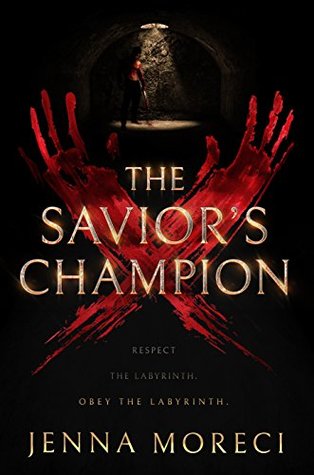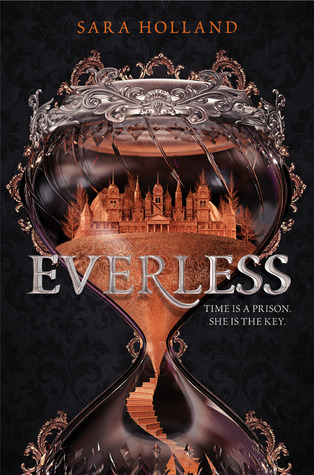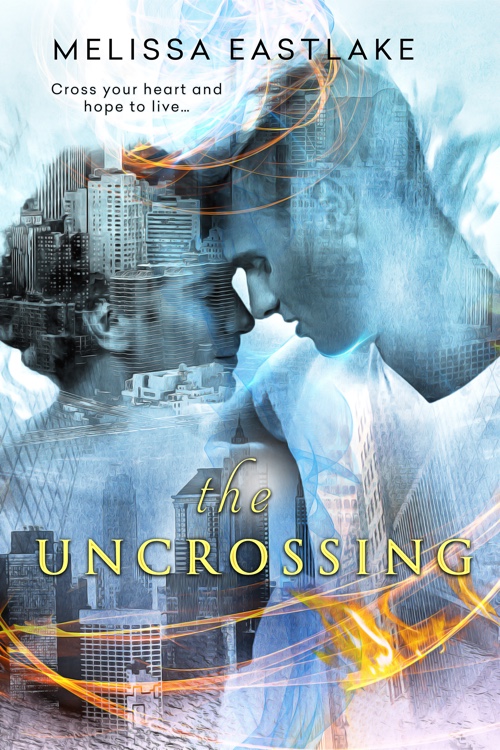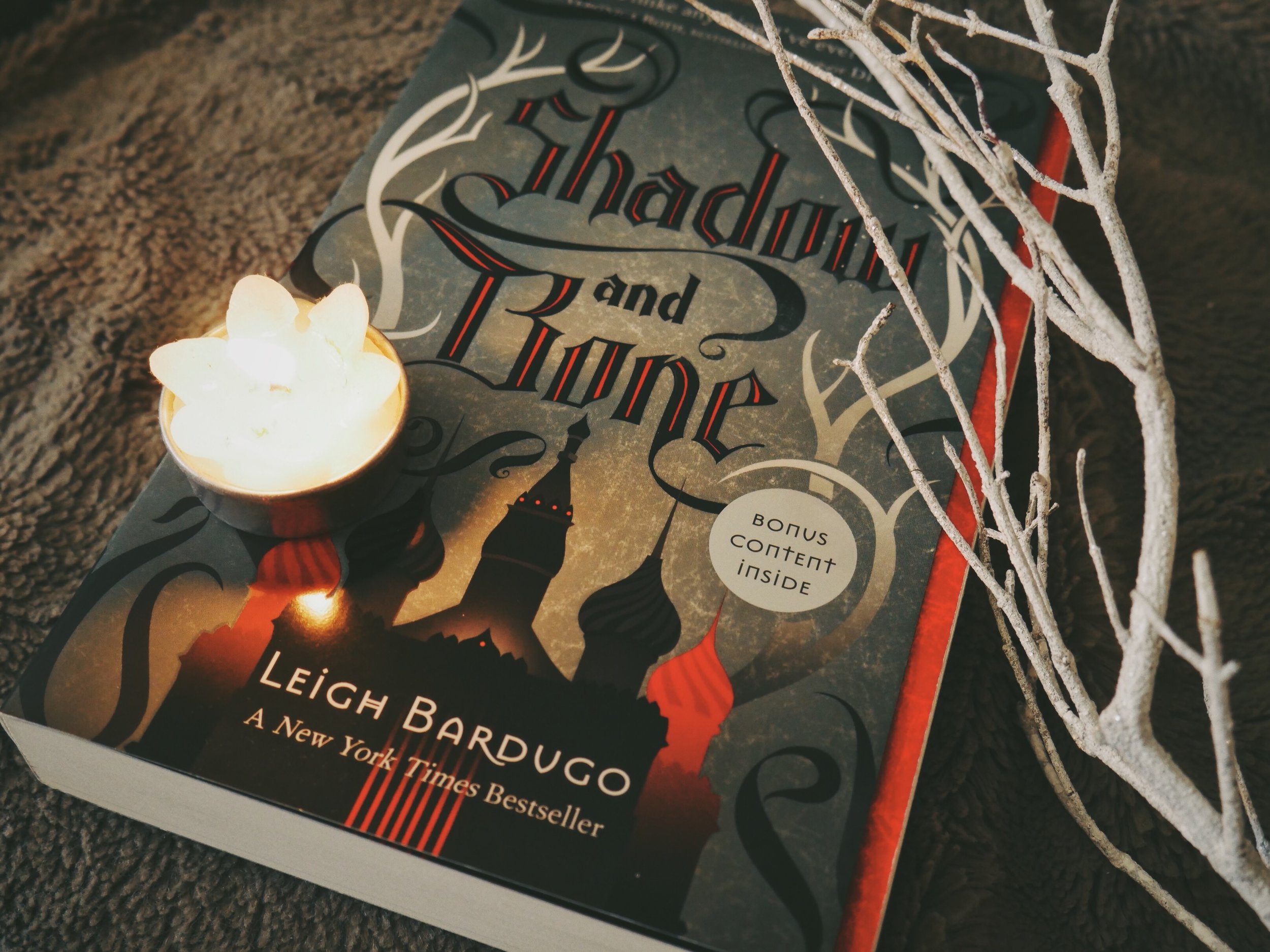
I received an advance copy of The Savior’s Champion from the author in return for an honest review.
I have been following Jenna on YouTube for some time and heard good things about her first book, Eve: The Awakening, but I never had a chance to read her writing. Jenna is a fellow authortuber, and her writing advice videos are hilarious and on point. So, naturally, I jumped at the opportunity to read an ARC of her new upcoming novel The Savior’s Champion.
Synopsis
Tobias Kaya doesn't care about The Savior. He doesn't care that She's the Ruler of the realm or that She purified the land, and he certainly doesn't care that She's of age to be married. But when competing for Her hand proves to be his last chance to save his family, he’s forced to make The Savior his priority.
Now Tobias is thrown into the Sovereign’s Tournament with nineteen other men, and each of them is fighting—and killing—for the chance to rule at The Savior's side. Instantly his world is plagued with violence, treachery, and manipulation, revealing the hidden ugliness of his proud realm. And when his circumstances seem especially dire, he stumbles into an unexpected romance, one that opens him up to unimaginable dangers and darkness.
Review
I have a lot of thoughts about The Savior’s Champion - some of them are a bit contradictory, in fact. That’s why this review took me so long to put together. I think it is an excellent book, in certain aspects, but rather weak in the others. Most importantly though, it is a very memorable and exciting book. Something that I haven’t been able to say about a self-published book in a long while.
I often fall prey to intriguing summaries and premises but then get disappointed, quite often in fact, by the book itself. I was extremely relieved when I realized that The Savior’s Champion held my attention from the very start.
The prologue and first chapter serve as scene setters; they are engaging enough, but not too stunning, I am afraid to say. Which explains why some people after reading 1-3 chapters from Jenna’s website, ended up giving the whole book lower rating. In my opinion, even though the purpose of a prologue is clear once you get halfway through the book - or maybe even sooner, - it feels weak compared to later chapters.
I did not like Tobias from the very beginning, but I grew to like him way more in later chapters, once his morality and goodness of character began to shine. He did get a bit whiny, in my opinion, at the very end - but he went through a lot, so I guess it is understandable and realistic.
I loved all of the female characters in The Savior’s Champion, and I think Jenna did a great job creating a pleiad of strong women. Even secondary female characters were well developed and had their distinct storylines and purpose. I loved Leila from the start - her fierceness and strength, just like her name, reminded me of Princess Leia. Leila can stand up for herself and does not need rescuing (for the most part). In fact, she quite often rescued Tobias and others. That was so much fun to read.
All women in The Savior’s Champion were well-written, except for the two most important women in Tobias’ life: his mother and sister. And this is where I had a problem.
Tobias’ mother throughout the beginning of the book was only concerned about keeping Tobias away from the championship. For no reason. As for Naomi, her only purpose in the book seemed to be of an unfortunate “cripple” to provide Tobias with an excuse to enter the competition. Although it may sound like a legitimate and noble reason, the fact that we did not get to learn anything about Naomi or her relationship with Tobias - although he thought and talked about her during the tournament - sours it. It feels as if the disability and disfigurement were used as a plot device. I understand why, but I think it should have been handled better. (There is a connection between what happened to Naomi and Tobias’ mother’s comments and the plot line. However, I feel that it was not explained at the end of the novel. We were left hanging there.)
Same goes for LGBTQ+ representation. There is no real conversation in the book in regards to sexuality. There were characters who mentioned having sex with the members of their own gender, but it was either hidden or mentioned in an offhand way, which did not sit well with me. I fully understand that the purpose of the championship was for men to compete against each other for a woman - which is as heteronormative as it can be - but I was still hoping for better representation. And, most certainly, better handling of the topic. I am tired of reading about unhappy gay couples or promiscuity. Just saying. It was not something shocking given the plot of The Savior’s Champion, but I just hoped for better representation.
Now onto the things, that I really liked.
The action, oh goodness, the action! Once you get past those two or three chapters at the very beginning, you are constantly kept on your toes. The first death came as such a big shock; I had to do a double take. I just couldn’t believe it would happen this soon and that quickly. And let me tell you, Jenna seems to enjoy killing and torturing her characters. It took me some time to realize that I should stop caring for anyone beyond the main protagonists as everyone would get killed eventually.
The Savior’s Champion reminded me of a weird mix of Royal Battle, Kill Bill, and The Gladiator. The book is full of action, blood, death, gore, more death, more gore, etc. I must give it to the author, as she created the most intricate and creative set of challenges (aka ways to kill off her characters). The Savior’s Campion is not a tiny book - I think it is probably about 90K words judging by the time it took me to read it - but the narrative keeps you hooked as you are often deceived into thinking there is a break in torture, but it is only an illusion.
I think this book has one of the best executions of action and fight scenes I have read in awhile! Some dialogues were brilliant too, very snarky and funny. There is, however, a lot of swearing and crudeness that almost put me off. But once again, it served very well for the setting and atmosphere of the book. Some tagged it as Young Adult on GoodReads, but I disagree. The characters are between 18-21 years old, plus there are older characters too, and considering mentions of sex, level of violence and swearing, it is more of a New Adult or even an Adult novel.
The world itself is reminiscent of Ancient Rome or Ancient Greece. The society's structure and the tournament - just like that of a gladiators’ era. Even though it is a fantasy novel, the magic is only present in the powers of The Saviour, which takes the form of a blessing or a transfer of powers. The Saviour is treated like a goddess, although she is not referred to as one, and quite often characters exclaimed 'oh my God', which I found a bit confusing, as there was no depiction of religion in this world. All people seem to believe in is The Saviour’s powers - and that’s all.
The romance was not too bad either - definitely a slow burn, which is excellent, as I am not a huge fan of romance-focused books and “instalove” as a trope should die already. There was a lot of teasing and sexy innuendo, once again only heteronormative, naturally, but it was well written.
The main plot twist was good, but I figured it out very soon into the book. However, I must say, I enjoyed the way Jenna weaved different hints and plot lines together in The Savior’s Champion from the very beginning. Considering how well put together all the plot lines are, I was a bit let down by the ending. The revelation scene was perfect, but what followed was not a real resolution, but more of an open ending. And I was a 100% sure that it was going to be a stand-alone.
Now I feel cheated, as I need a sequel because we were left hanging, but as far as I know, Jenna is currently writing a companion novel and not the sequel. I am not sure what to make of it. Surely, The Savior’s Champion ended well for certain characters, but for the kingdom - not so well. Plus, certain things were hinted at but never explained.
This is why I was torn for some time about what rating to give this book. The Savior’s Champion held my attention enough that I didn’t notice how fast I went through it, which is usually the sign of 4 star read. But the representation and small things that could have been improved disappointed me. My rating overall is the representation of that conflict. It is a solid start of a series if it is what it is, but I was also left disappointed in certain aspects.
Regardless of my conflicted thoughts, I decided to give this book a bit of a higher rating on GoodReads and Amazon, as it has a well-constructed plot, and it is very option something that lacks in the books of late. I am very grateful to Jenna for giving me an opportunity to read and review The Savior’s Champion, and I hope to read more of her books soon!
Rating: 3.5 stars
P.S. I feel, as if it is one of my longest reviews to date - oh boy!
Links:







